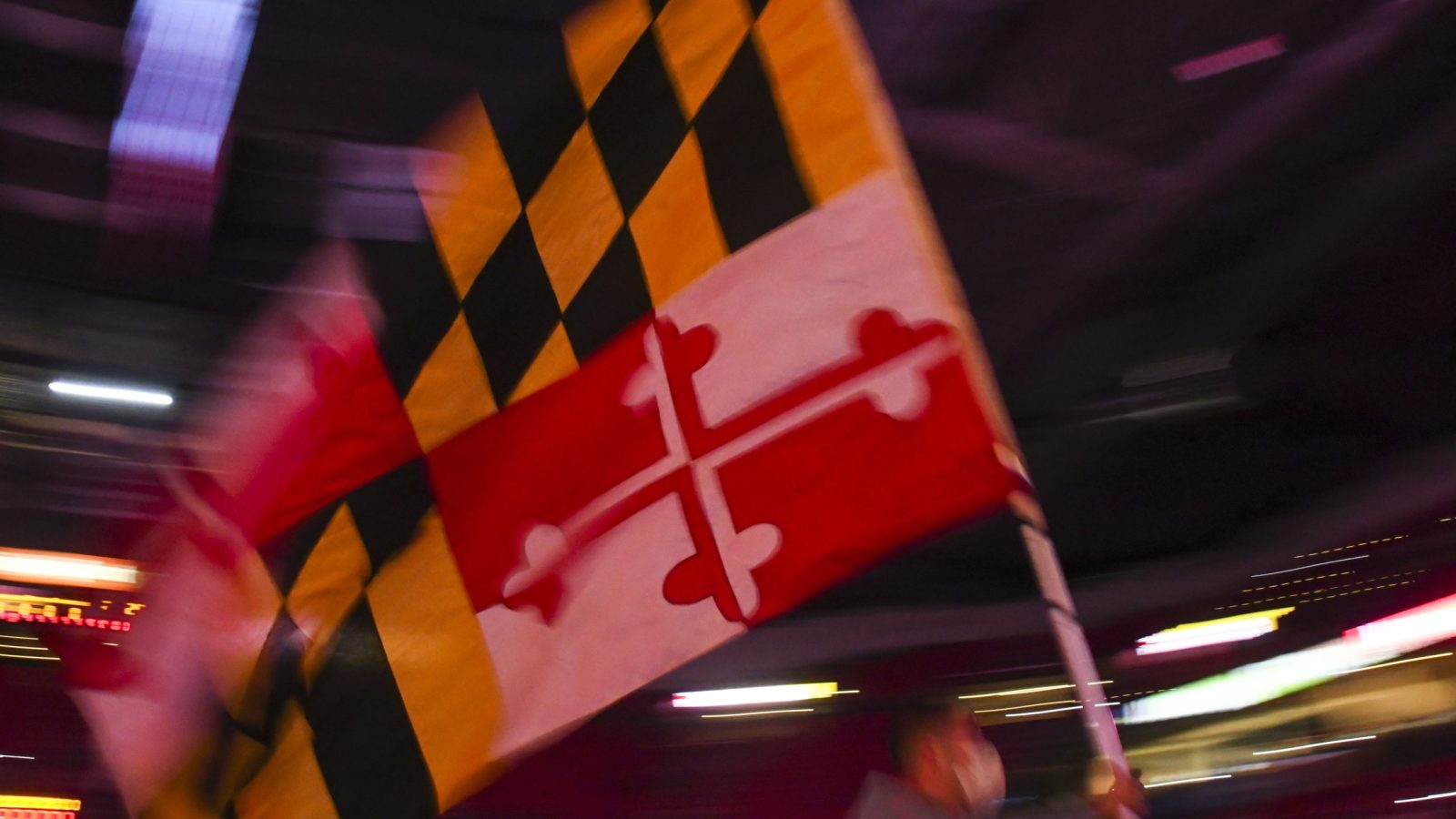Kalshi’s latest appeal for an injunction against a Maryland cease-and-desist focuses on two things that it argues are difficult. The first is the legal question on the status of sports event contracts; the second is compliance with Maryland’s sports betting laws.
The arguments come in a filing for an appeal in appellate court after the U.S. District Court for the District of Maryland Friday rejected Kalshi’s call for an injunction to block Maryland from enforcing a cease-and-desist order against its sports event contracts. Judge Adam B. Abelson ruled Kalshi “failed to show a likelihood of success” in proving that the merits that the Commodity Exchange Act (CEA) supersedes Maryland gaming laws.
As expected, the prediction market filed to appeal the district court decision in the Fourth Circuit Court of Appeals late Friday. It also asked the district court for an injunction that would let it stay active in Maryland while the appeal is being considered.
The prediction market’s argument had two main thrusts. First, it argued the legal status of sports event contracts was enough of an open question to justify continuing the status quo for now. Second, Kalshi said it could not reasonably comply with Maryland gambling laws before a decision on the appeal would be made.
Kalshi argues that the topic of federal commodity laws preempting state gambling laws has “divided the courts,” and that this is a strong enough standard to justify an injunction to block Maryland’s cease-and-desist order.
Given that two other courts accepted Kalshi’s calls for an injunction against similar orders in New Jersey and Nevada, Kalshi argued it meets that standard.
The prediction market said that all it needs to obtain an injunction is to prove the case presents “an admittedly difficult legal question.”
On social media site X, Andrew Kim of Goodwin Law argued that the standard for an injunction was higher, as Kalshi is arguing the state of Maryland should be blocked from enforcing its laws, rather than an order simply being suspended.
An injunction is an order requesting that one party takes, or refrains from taking, a specific action. A stay is an order that temporarily prevents a judgment from being made or enforced. In this case, Kim says, “Kalshi is asking Judge Abelson to order Maryland to not enforce its gaming laws while the appeal is ongoing. He’s not staying anything because he hasn’t ordered relief.”
A ‘close call’?
Kalshi pointed to elements of Abelson’s ruling as further evidence that the decision was a difficult one.
“Multiple features of this Court’s ruling present, at minimum, a ‘close call’ with which the Fourth Circuit may disagree on appeal,” Kalshi said.
Specifically, Kalshi pointed to a line in the CEA that gives the Commodity Futures Trading Commission (CFTC) “exclusive jurisdiction” over trading on designated contract markets (DCMs) like Kalshi.
“The Fourth Circuit could conclude that the plain text of the exclusive jurisdiction provision supports Kalshi,” the filing said.
A further area where Kalshi said a higher court could disagree with the court’s interpretation concerned lines in the CEA that directly mention specific circumstances where the act supersedes state law.
This, the court said, suggested that the CEA would not overrule areas that were not mentioned — such as state gambling laws. However, Kalshi argued that these lines “preempt state laws as to transactions that do not occur on DCMs, which is why it was necessary to specify that the laws were preempted.”
It added: “It would have been redundant for Congress to specify preemption of laws related to transactions on DCMs; that is what the exclusive jurisdiction provision already accomplished.”
The court also pointed to the CEA’s “special rule” about event contracts related to gaming, assassination, terrorism, or war. It argued that the rule was proof that the CEA does not overrule state gambling laws. However, Kalshi said it could also be argued to mean that Kalshi is only subject “to the review of the CFTC — not state regulators.”
Could Kalshi comply with Maryland laws?
A further pillar of Kalshi’s argument was that it was impossible for the exchange to implement changes quickly enough to be compliant with Maryland laws before a decision is made on its appeal. Abelson had argued that Maryland’s gaming laws weren’t truly in conflict with the CEA because Kalshi would be free to acquire a Maryland sports betting license if it wished to do so.
Kalshi gave the example of geolocation software as one feature that couldn’t be implemented immediately.
“Kalshi has no current geolocation capacity, as geolocation is not required by CFTC regulations,” the filing notes. “Developing that capability would, at minimum, take months and cost tens of millions of dollars […] Kalshi’s only option to comply during the appeal would be to terminate trading for its 17,000-plus users in Maryland, many of whom have open investments on the platform.
“Yet that would expose Kalshi to liability for violating its contractual obligations to users and undermining those users’ own rights; imperil its reputation; and imperil compliance with the CFTC’s Core Principle that demands ‘impartial access’ to Kalshi’s exchange for all users.”
Major regulated sportsbooks use geolocation platforms such as GeoComply to confirm their users’ locations. The cost for a single operator in a single state is difficult to determine, but last year, Manu Gambhir, CEO of geolocation business XPoint, told Casino Reports that the regulated U.S. sports betting and iGaming sectors collectively spend between $200 million and $250 million a year on geolocation.
Kalshi also noted that Maryland law requires a sports betting operator to “ensure that all of its sports wagers are initiated, received, and completed within the State.”
With Kalshi’s exchange structure, users make wagers against other bettors, rather than against the house as would be the case in a traditional sportsbook.
That means a customer in Maryland can currently make bets that are offered by other users across any state in the U.S.
If Kalshi acknowledges that it facilitates bets placed across state lines, that would raise questions about its compliance with the federal Wire Act, which prohibits interstate betting. The text of the Wire Act says that use of “a wire communication facility for the transmission in interstate or foreign commerce of bets or wagers or information assisting in the placing of bets or wagers on any sporting event or contest” is outlawed.







